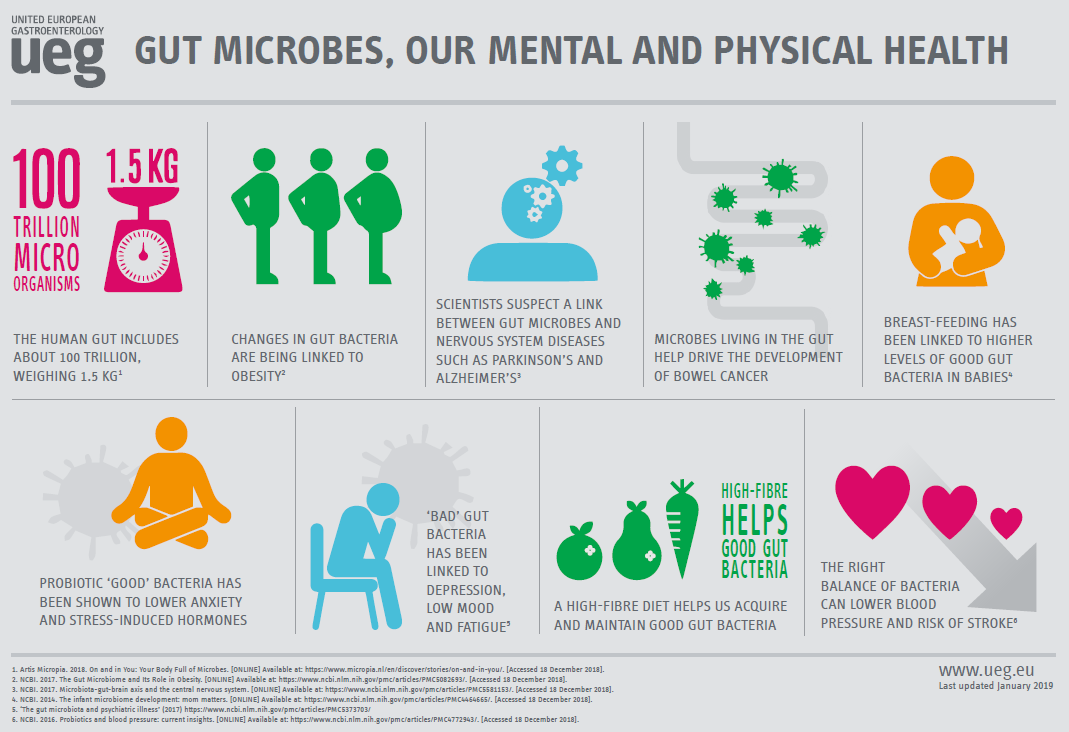Explore the fascinating connection between cancer and gut microbiome. Learn how the gut microbiome influences cancer risk, treatment, and immune response.
The human gut microbiome is a complex ecosystem composed of trillions of microorganisms that play a crucial role in our overall health. Recent research has shed light on the fascinating connection between the gut microbiome and cancer. In this article, we’ll delve into the emerging evidence on how the gut microbiome influences cancer risk, treatment, and immune response.
Contents
Cancer and Gut Microbiome Risk
The gut microbiome has been implicated in the development and progression of various types of cancer, including colorectal, breast, and lung cancer. Research suggests that an imbalance of the gut microbiome, also known as dysbiosis, can contribute to cancer risk in several ways:
- Inflammation: A dysbiotic gut microbiome can lead to chronic inflammation, which is a known risk factor for cancer.
- Carcinogen production: Certain gut bacteria can produce carcinogens, which are substances that can cause cancer.
- Immune system modulation: The gut microbiome plays a crucial role in immune system function, and dysbiosis can lead to immune suppression, making it easier for cancer cells to grow and spread.
Studies have shown that individuals with a higher diversity of gut bacteria have a lower risk of developing cancer. For example, a study published in the journal Nature found that individuals with a higher abundance of Faecalibacterium and Bifidobacterium had a lower risk of colorectal cancer.
Cancer and Gut Microbiome Treatment
The gut microbiome also plays a critical role in cancer treatment outcomes. Research has shown that the gut microbiome can influence the efficacy of chemotherapy and immunotherapy:
- Chemotherapy: The gut microbiome can affect the metabolism and efficacy of chemotherapy drugs. For example, certain gut bacteria can activate or inactivate chemotherapy drugs, leading to variable treatment outcomes.
- Immunotherapy: The gut microbiome can influence the immune system’s response to immunotherapy. Studies have shown that individuals with a higher diversity of gut bacteria have better responses to immunotherapy.
The Gut Microbiome and Cancer Immune Response
The gut microbiome plays a crucial role in the immune system’s response to cancer. Research has shown that the gut microbiome can influence the activity of immune cells, such as T cells and natural killer cells, which are critical for fighting cancer:
- T cell activation: The gut microbiome can influence the activation and function of T cells, which are critical for fighting cancer.
- Natural killer cell activity: The gut microbiome can influence the activity of natural killer cells, which are responsible for killing cancer cells.
Conclusion: The Future of Cancer Research and the Gut Microbiome
The emerging connection between cancer and the gut microbiome is a fascinating area of research that holds great promise for the prevention and treatment of cancer. Further research is needed to fully understand the mechanisms by which the gut microbiome influences cancer risk, treatment, and immune response. However, the evidence suggests that modulating the gut microbiome through diet, probiotics, and prebiotics may be a promising strategy for cancer prevention and treatment.
Call to Action: Learn more about the gut microbiome and cancer by exploring our resources on gut health and cancer prevention.

Internal Linking:
External Linking:
- National Cancer Institute: Learn more about cancer and the gut microbiome from the National Cancer Institute.
- American Cancer Society: Explore the American Cancer Society’s resources on cancer and the gut microbiome.